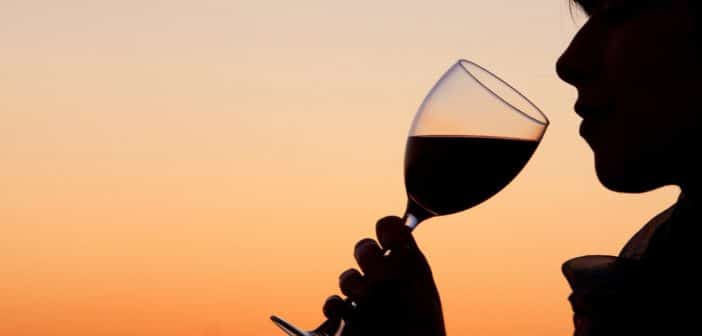 In case you have never read a Dr. John Gray book or been to stand-up comedy show, allow me to enlighten you—there are differences between men and women. However, according to a recent piece in the Inquisitr, when it comes to drinking habits, the difference is not as vast as it used to be. The term “drinking like a lady” no longer means sipping a martini glass with a pinky extended. This has been proven by a decade-long study done by the National Institute on Alcohol Abuse and Alcoholism (NIAAA) where—in a college setting—more women than men admitted to drinking five or more drinks in succession.
In case you have never read a Dr. John Gray book or been to stand-up comedy show, allow me to enlighten you—there are differences between men and women. However, according to a recent piece in the Inquisitr, when it comes to drinking habits, the difference is not as vast as it used to be. The term “drinking like a lady” no longer means sipping a martini glass with a pinky extended. This has been proven by a decade-long study done by the National Institute on Alcohol Abuse and Alcoholism (NIAAA) where—in a college setting—more women than men admitted to drinking five or more drinks in succession.
Oh, My Emotions!
Overall, men still consume more alcohol than women but their numbers have gone down as women’s have gone up—which isn’t entirely surprising. Many people drink to manage their emotions—happiness, sadness, fear, disappointment—and I don’t think anyone would argue that women tend to be more emotional then men. Not that guys don’t feel as much or as deeply but they seem more able to create distance between their mental state and their emotions than women.
Equal Opportunity Drinkers
Regardless of men being from Mars and women from Venus, why is it that the more we learn about the negative effects of alcohol, especially on women, and the more alcohol-related deaths there are, the more women are drinking? Is a byproduct of feminism that chicks are literally drunk with the freedom to pound beers without enduring the judgment of yesteryear? Perhaps women have always drank this much but now they just feel more comfortable admitting it? Either way, the Center for Disease Control reports that between 2006 and 2010, nearly 88,000 deaths in the US were alcohol-related. Do women realize they are drinking to this?
Gender Differences in Treatment
As the gender gap closes with alcohol consumption, a more prevalent divide has begun to emerge between the sexes as it relates to opioid addiction treatment (Vicodin, OxyContin, morphine). Medical Daily reported on a new study that found treatment protocols for opioid addiction don’t take into account gender differences in drug addiction and are geared (not surprisingly) more towards men. This is not for any reason other than what used to be the majority population seeking treatment for opiate addiction was “young, inner-city, heroin-injecting men.” But times, they are a changing.
While men may still be the dominant gender abusing opiates, according to NCBI, studies have shown that women tend to escalate their intake quicker, get hooked sooner and seek treatment earlier than men do. And since heroin use among women had doubled in the last decade, researchers are lobbying for a reevaluation of gender differences in addiction treatment.
Not What You Think
But what are the differences? I expected to see a list of health complications suffered by women. However, it seems the differences have more to do with both the unique physical and emotional needs of women trying to get clean. For example, female addicts were more likely to have physical ailments (like chronic pain) and psychological illnesses than males, in addition to having higher needs for childcare. So, if my interpretation of these findings is correct, these are elements that should be taken into account when setting up a treatment path for women.
As an alcoholic who entered the one-size-fits-all rooms of 12-step meetings and heard the old cliche about “terminal uniqueness,” it’s a little hard for me to understand the concept of jumping through hoops to create a tailor-made treatment program for opioid-addicted women. I come from the “you will get it if you really want it” school of recovery, so the notion that some people need more resources to get clean feels counter intuitive. However, I can certainly relate to the growing population of women who are drinking like men. And all I can say to those women is: been there, done that and if you want to drink like a man, just know you might one day need to recover the same way, too.
Sponsored DISCLAIMER: This is a paid advertisement for California Behavioral Health, LLC, a CA licensed substance abuse treatment provider and not a service provided by The Fix. Calls to this number are answered by CBH, free and without obligation to the consumer. No one who answers the call receives a fee based upon the consumer’s choice to enter treatment. For additional info on other treatment providers and options visit www.samhsa.gov.




